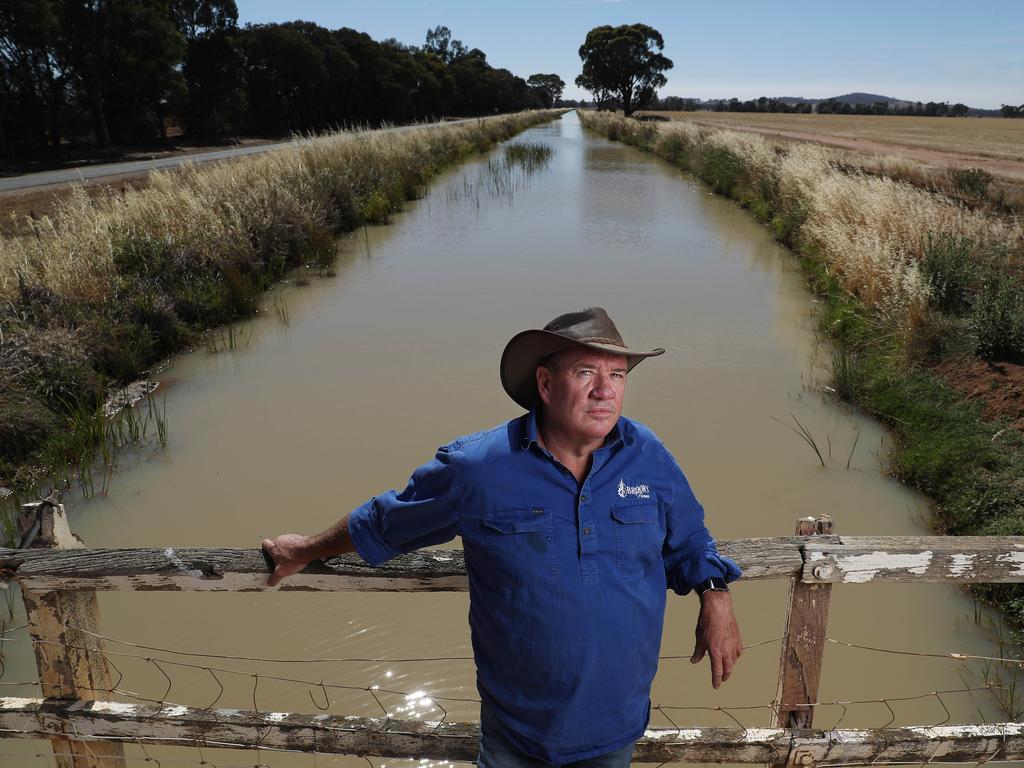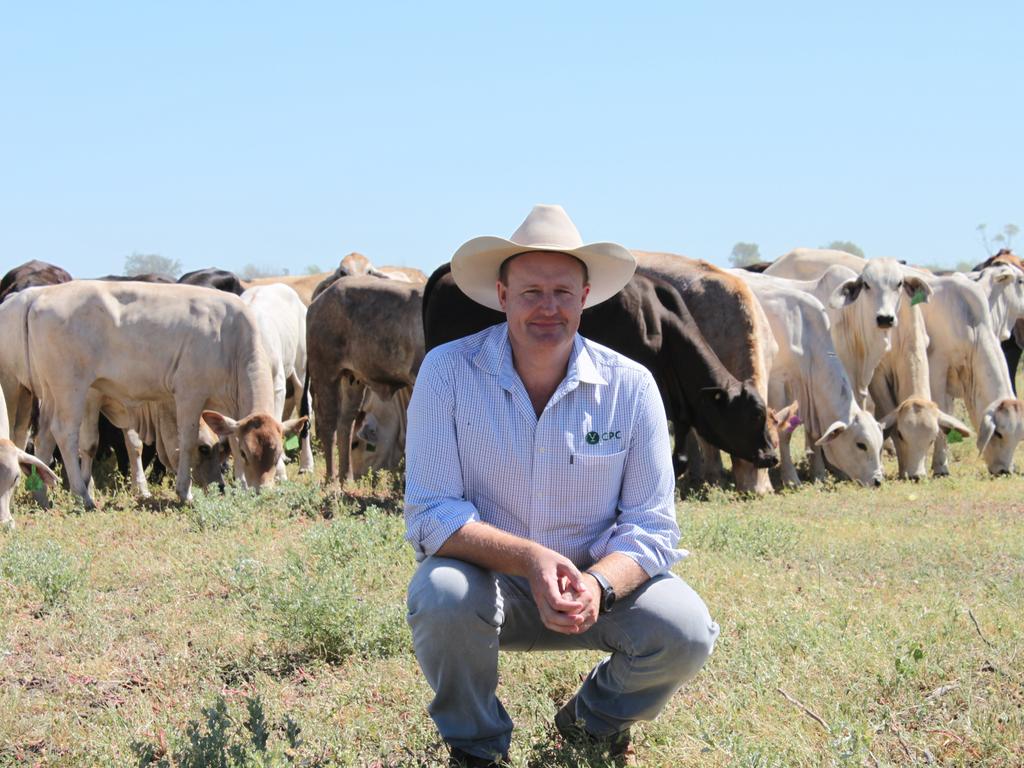Coronavirus: Easing drought, low dollar, better farmgate prices may see agriculture survive virus crisis
It will be challenging, but easing drought, a low dollar and farmgate prices may pave way through pandemic.

Australian agriculture is well placed to survive the COVID-19 crisis, bolstered by a low Australian dollar, good farmgate prices and an easing of the drought, a report has found.
While predicting a difficult season ahead with a number of potential risks from the global downturn, Rabobank says Australia’s agricultural sector is overall positioned for a “profitable year”.
Challenges to farmers, Rabobank said, include availability of agricultural chemicals and farm labour as well as questions over the continuation of operation of packing houses and processing plants.
Global demand would be hit by the pandemic, Rabobank said in its monthly agribusiness report.
While China appeared to be in the early stages of recovery, the rest of the world was falling prey to COVID-19.
“Global demand will likely weaken significantly in coming months as panic-buying for food and groceries fades and the negative impacts of reduced incomes across most of the world
come to the fore,” Rabobank says in the report.
Some shelter
The lower Australian dollar would provide some shelter from falling prices for Australian producers.
“The worse the pandemic gets, the lower the Australian dollar will fall as capital gets
reinvested in lower risk financial markets like the US and Japan,” Rabobank head of food and agriculture research Tim Hunt said.
“The Australian dollar is likely to be lower for longer than it was during the global financial crisis, which was the last time we saw a large global economic shock,” Mr Hunt said.
Local farmgate prices would also be supported by low local grain stocks as well as
diminished sheep flock and cattle herd numbers after several years of drought, the report
says, ensuring strong competition for product from local processors.
Recent rainfall and the current weather outlook suggested Australian farmers would overall have a decent production season this year.
Rain forecast
“After a wet February, more significant rainfall was recorded across the eastern states in
March, including in many drought-affected regions,” Mr Hunt said.
“On top of this, the next three months are likely to be wetter than average in the west and the south, according to Bureau of Meteorology forecasts.”
Some global factors would go some way towards mitigating the negative impacts of COVID-19 on demand, the report says, including African swine fever which would further reduce Chinese pork production this year, keeping the global animal protein market tighter.
In grains and oilseeds markets, the risk of supply disruption presented a different picture, Rabobank said.
“Traders are concerned about the potential for disruption to export shipments coming
through key ports in Argentina and Brazil, and the threat of export restrictions in the Black
Sea region,” the report said.
“This is creating a risk premium that will likely take some months to ease.”
In the dairy industry, a dry end to the season in New Zealand would see a reduction in supply, partly offsetting weaker global demand in the near term.
The report says the outlook for Australian agriculture faces other risks as a result of COVID-19 disruption.
“These include the potential of reinfection in China, a global economic downturn in 2020 that is worse than the global financial crisis, high infection rates in regional Australia which could impact the agricultural sector and the wildcard of an appreciation in the Australian currency,” Mr Hunt said.








To join the conversation, please log in. Don't have an account? Register
Join the conversation, you are commenting as Logout